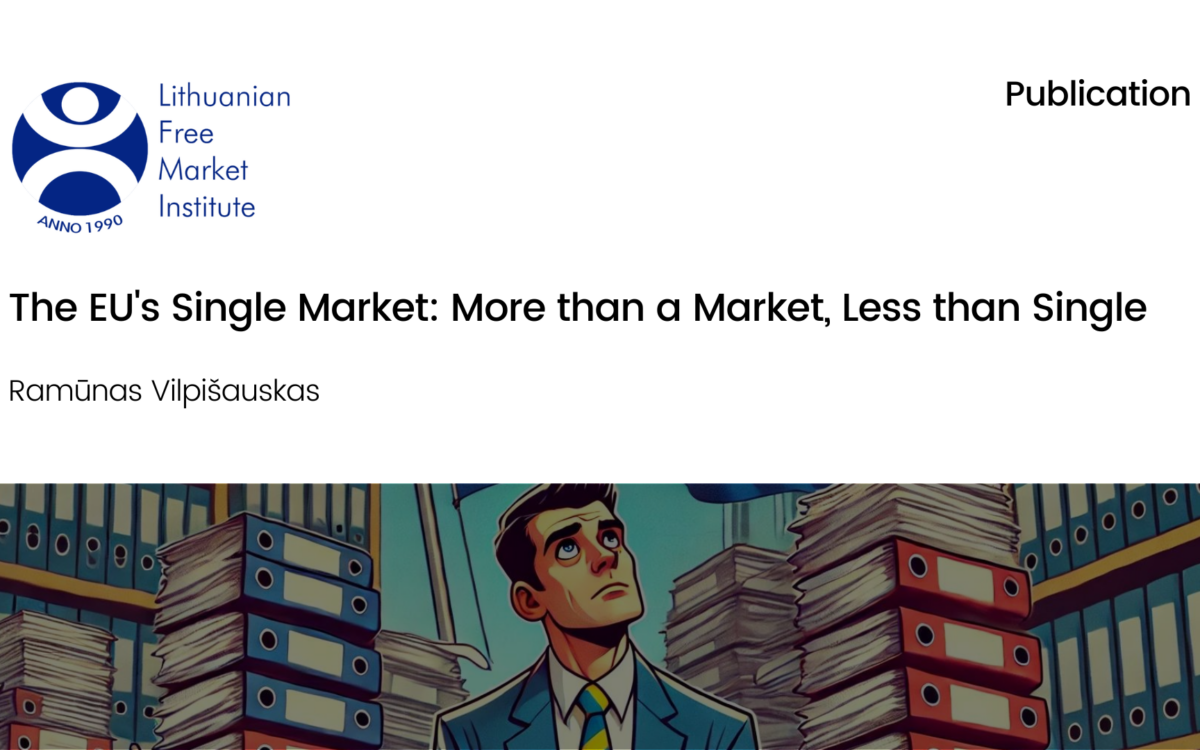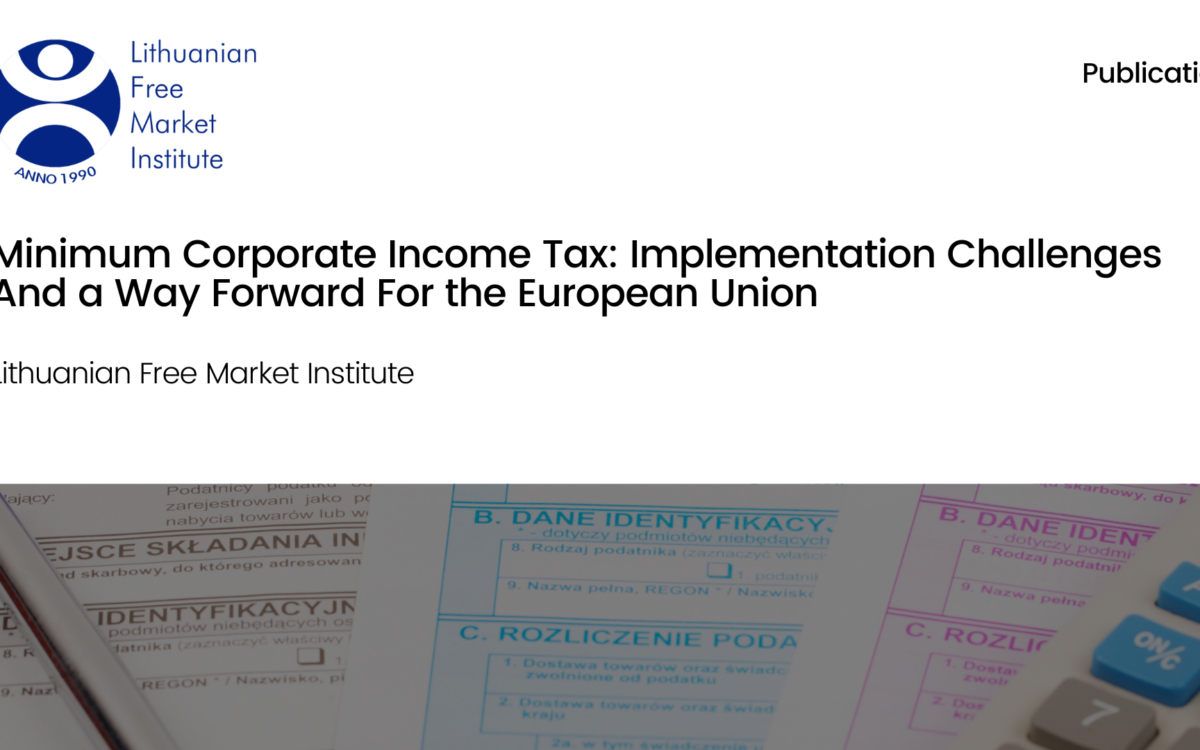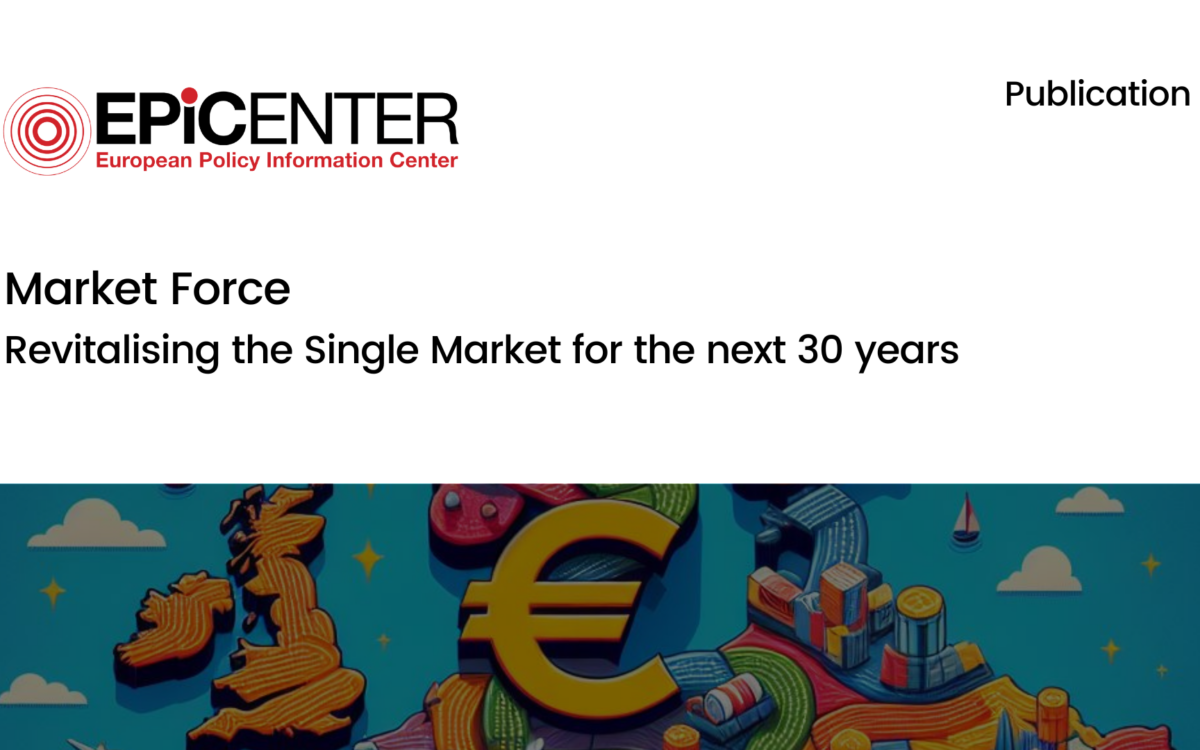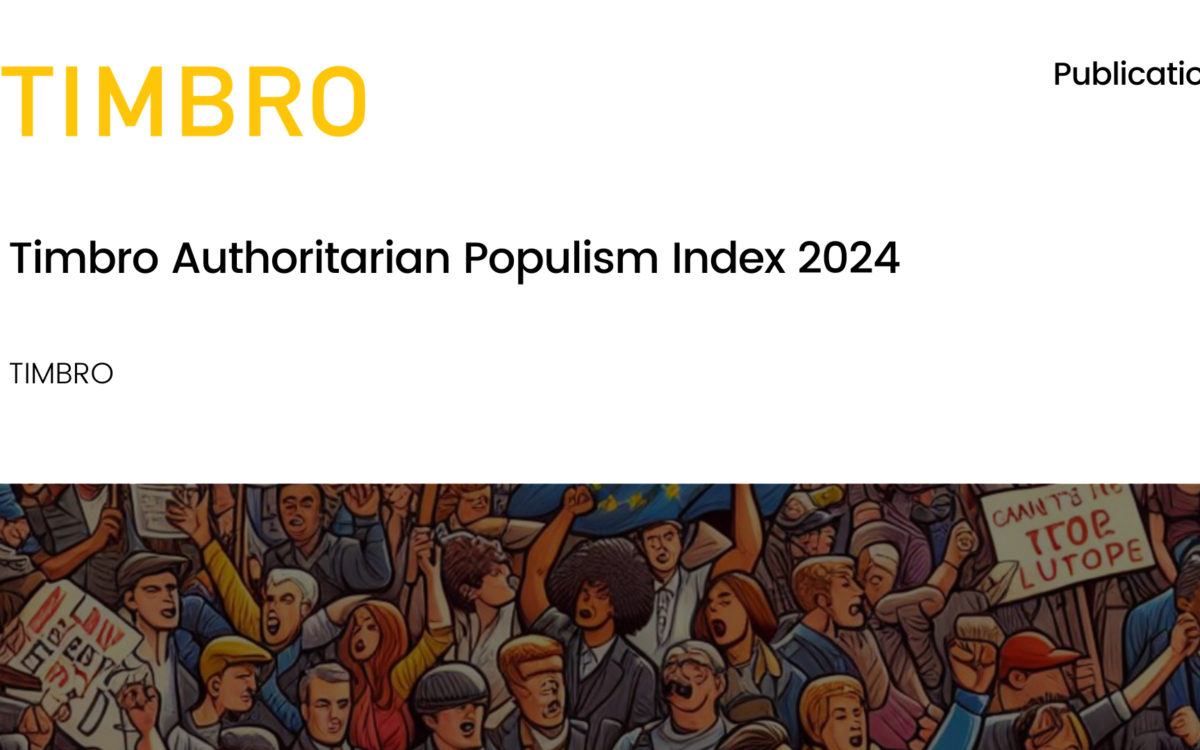Free Trade and How It Enriches Us
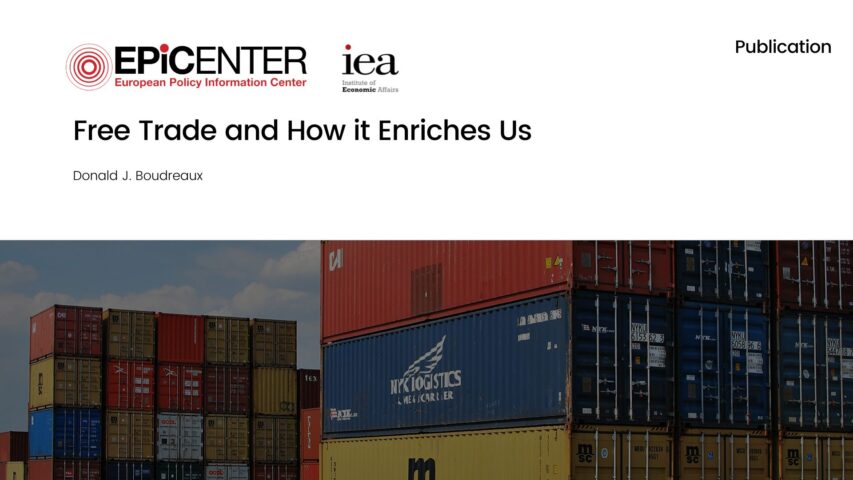
Free Trade and How It Enriches Us
Donald J. Boudreaux
28 September 2018
Free trade improves the well-being of all parties to it. The most significant way that trade achieves this outcome is by enabling and incentivising specialisation in production, and also encouraging mechanisation and innovation. As specialisation deepens, and as mechanisation and innovation advance, the per-person output of goods and services increases.
Total economic output rises as specialisation increases; specialisation increases as trade expands; and trade expands as the size of markets grows.
Specialisation that takes place according to comparative advantage increases total economic output even if it does not increase the productivity of any individual workers. Each of us gains when our trading partners improve their efficiency at production.
Neither free trade nor protectionism affects a country’s level of total employment over the long run. Trade policy affects only the kinds of jobs that prevail. Specifically, free trade destroys jobs in industries for which the country has a comparative disadvantage and creates jobs in industries for which the country has a comparative advantage. Protectionism’s effect on jobs is the opposite.
Trade results in no net reduction of jobs in the home economy because home-economy imports result in foreigners either buying more home economy exports or investing more in the home economy – both activities that create jobs to offset those jobs destroyed by imports.
Trade deficits are not necessarily evidence of economic or policy problems. They are not caused by ‘unfair’ trade practices by foreign governments, they do not reflect a shortfall of savings in countries that run them, and they do not necessarily increase domestic citizens’ indebtedness to foreigners. Trade with foreigners differs in no economically essential way from trade with fellow citizens.
Download or share this publication
View the PDF
EPICENTER publications and contributions from our member think tanks are designed to promote the discussion of economic issues and the role of markets in solving economic and social problems. As with all EPICENTER publications, the views expressed here are those of the author and not EPICENTER or its member think tanks (which have no corporate view).
